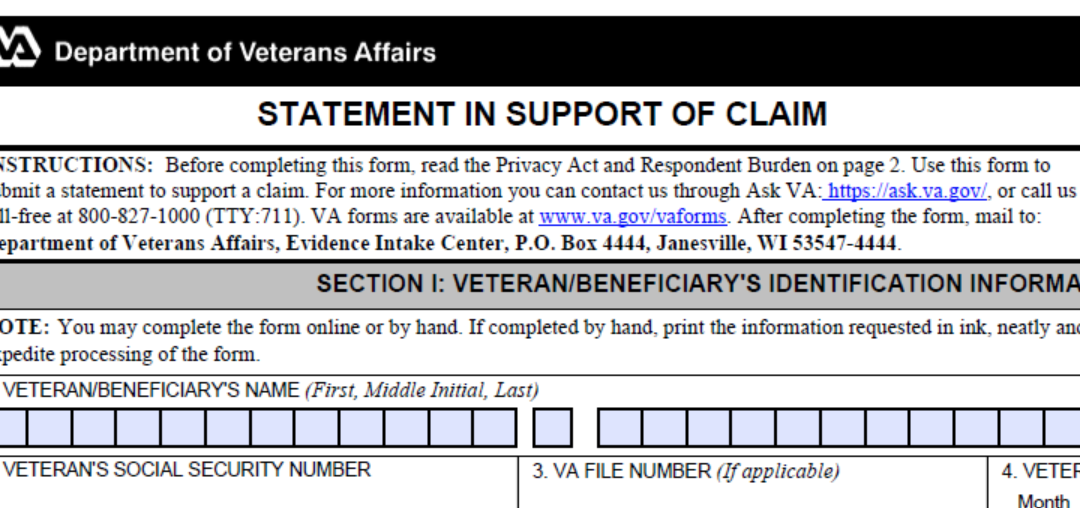Using Lay Evidence to Support Your VA Disability Claim
When filing a claim for disability benefits with the Department of Veterans Affairs (VA), medical evidence from doctors is crucial. However, another type of evidence called “lay evidence” can also greatly help a veteran’s chance of approval.
What is Lay Evidence?
Lay evidence consists of testimony and statements from people who have directly observed the veteran and their condition. This includes spouses, family members, friends, co-workers, clergy, and fellow service members. The VA allows lay evidence to be submitted in support of disability claims.
Unlike medical evidence, lay evidence comes from non-clinical perspectives. It provides firsthand accounts of how the disability affects the veteran’s daily life and ability to function. Statements can cover topics like observed symptoms, fluctuations in severity, effects on social/work situations, etc.
Why Lay Evidence Matters
Lay evidence offers value because certain health conditions are not always obvious during limited medical exams and tests. Hearing personal examples of how a disability impacts veteran activities paints a clearer day-to-day picture. The VA claims manual specifies that this evidence should be considered along with clinical files.
In claims involving PTSD, depression, and other mental health conditions, lay statements help humanize the ongoing struggles a veteran faces. They provide insights medical records alone cannot capture. For conditions that have “good days and bad days”, they demonstrate inconsistencies not reflected in sporadic doctor visits.
Overall, compelling lay evidence makes a claim more believable and helps the VA fully grasp the disability’s effects. When paired with medical files, it creates a more holistic case.
Who to Ask for Lay Statements
The most persuasive lay statements come from those with frequent, firsthand interactions with the veteran. Ideal sources include:
– Spouses/partners who witness the disability’s impact at home
– Family members and friends, especially if assisting with caregiving
– Coworkers, supervisors, or subordinates who observe issues in the workplace
– Fellow servicemembers who can corroborate in-service events or injuries
The VA generally gives more weight to evidence from people who have known the veteran for longer periods. But any sincere accounts from those familiar with the situation can help.
Crafting Compelling Lay Statements
When asking for lay statements, provide instructions on key points to cover. Advise writing from personal experience using clear, direct language. Recommend focusing on how the disability manifests in everyday settings over time.
Well-written lay evidence tells the story of the veteran’s condition in a way medical evidence alone cannot. Veterans should make sure supportive lay statements are included when filing for VA disability benefits.

